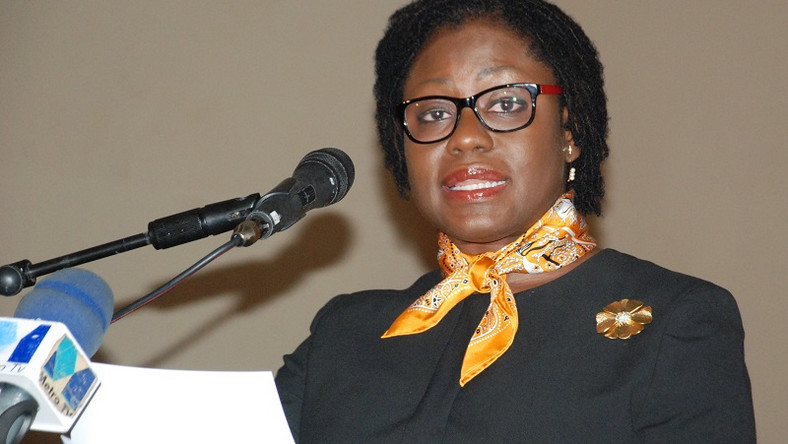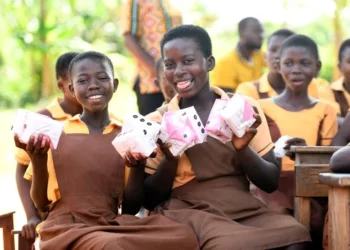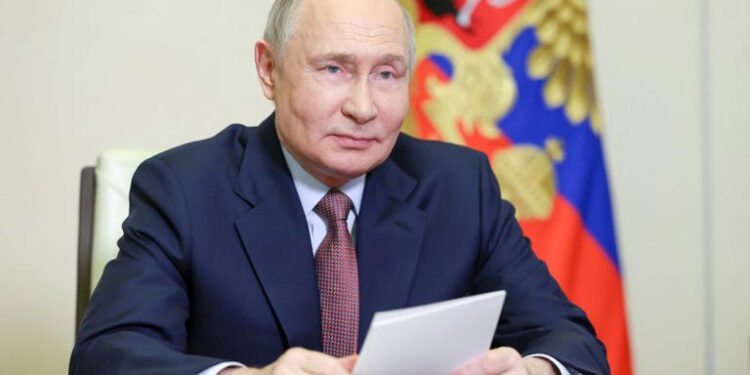The Bank of Ghana has indicated that it is prepared to review measures instituted to curb the impact of Covid-19 if they rather have the tendencies to hurt the economy.
The Central Bank has rolled out several measures aimed at improving liquidity to businesses. This includes policy rate cuts which is aimed at reducing the amount of capital a bank can hold at the Bank of Ghana.
However, there are fears that these measures could skyrocket inflation rates. But the Deputy Governor at the Bank of Ghana, Elsie Addo Awadzi has said that, these policy measures are not cast in stone and therefore will be reviewed when necessary.

“We meet every now and again and we review the impact of our decision. We review the outlook. And then we make other decisions going forward. Now you have to admit that these COVID times have been very strange times… We have seen how it has impacted other countries. How is it going to impact Ghana? It is something that we are trying to figure out every day as we go along and so this is an iterative process; we do not take one decision that last a whole year. We review it at periodic intervals as and when more information becomes available to us.”
Elsie Addo Awadzi
However, she said the direction the bank will tow with regards to the revision of the inflation target will be known after the Monetary Policy Committee deliberate on the empirical data it will be presented with.
“Are we going to review our inflation target? I cannot say. The monetary policy committee must meet, given the data before it and the outlook as it perceives it, it will make a decision.”
The mandate to device and carry out monetary policy to ensure that price stability is achieved, is solely in the ambit of the Bank of Ghana.
The inflation rate is crucial in the reviewing of the Monetary Policy Rate (MPR). This is because inflation has a bearing on interest rate, all things being equal.
According to an economic analyst, Emmanuel Amoah-Darkwah
“With a 3.2% jump in the CPI, {Consumer Price Index} BoG will thread cautiously in reducing the policy rate.”
According to the Ghana Statistical Service (GSS), the CPI measures proportionate changes in the prices of a fixed basket of goods and services that households in Ghana consume.
With the objective to increase liquidity and reduce interest rate in the economy, the BoG reduced the MPR for the first time since January 2019 – from 16% to 14.5% in March 2020.
Because of the impact of COVID-19 on the public, full and part payment of electricity tariffs were absorbed by the government of Ghana depending on the consumption of consumers in April, May and June. Water bills were also waived for the same time.
Regardless of this action,
“The envisaged reduction in inflation in the Housing, Water, Electricity and Gas division might not see the light of day as Ghana Revenue Authority (GRA) has asked power sector firms to charge VAT, GETfund and NHIL levies in a letter dated 4th May 2020. This will translate to an increase in electricity prices by about 17.5%.”
Mr Amoah-Darkwah

He added that this may hike the inflation of imported products whereas
“the price competiveness at Ghana’s port will negatively be affected.”
For emphasis, the economic analyst pointed out that,
“the prices of goods and services might not decline as fast as expected in the short-term as Covid-19 pandemic lingers.”
He, therefore, advised government to be circumspect in its spending and prevent corruption in this chaotic times.
“As revenue mobilization remains low as a result of the pandemic, the government should rationalize expenditure and avert procurement induced corruption in this crisis. Food inflation can be reduced by investing in the agriculture value chain by both government and the private sector. Effective implementation and widening the basket of foods cultivated under the government’s flagship program -Planting for Food and Jobs, during this pandemic will help reduce prices of food.”




















